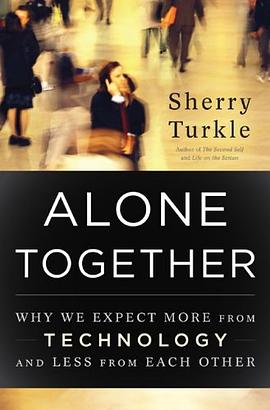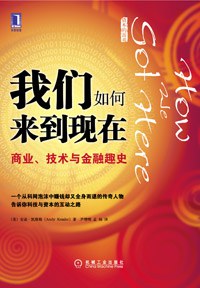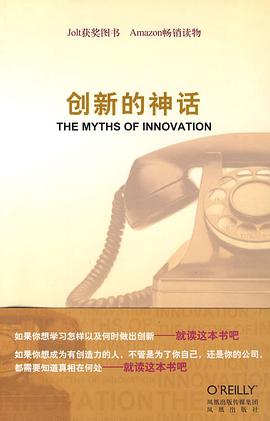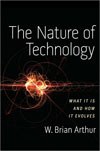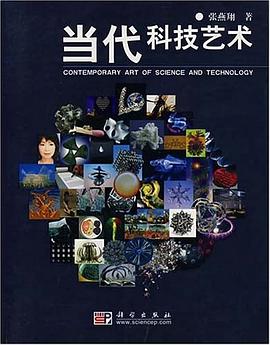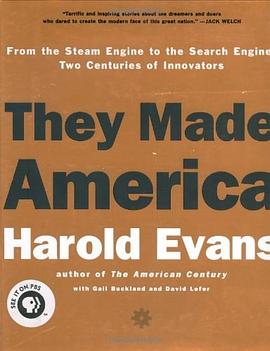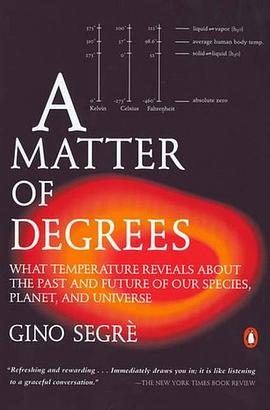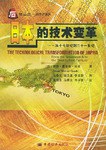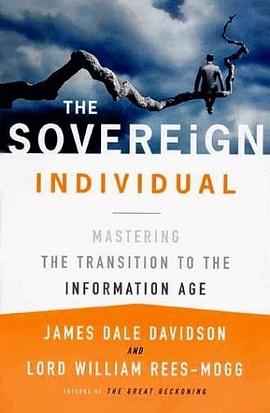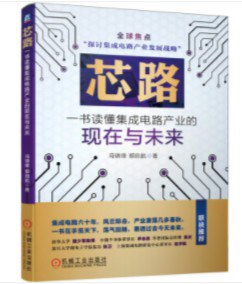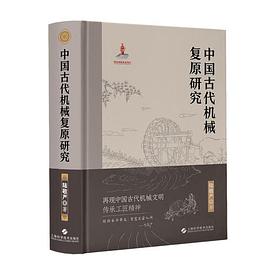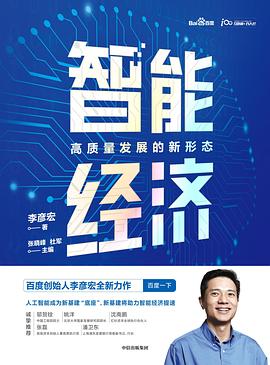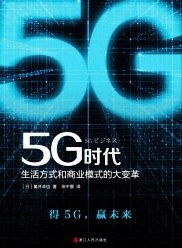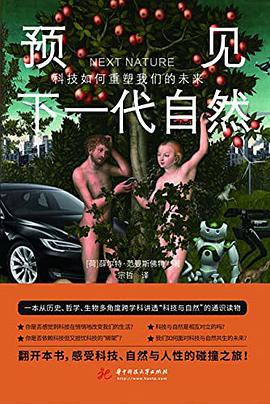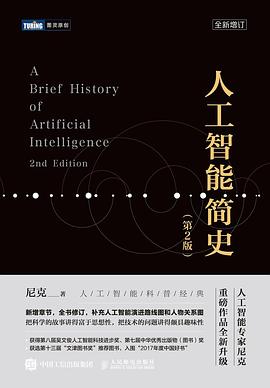
具體描述
Sherry Turkle is the Abby Rockefeller Mauzé Professor of the Social Studies of Science and Technology at MIT. She is frequently interviewed in Time, Newsweek, the New York Times, and the Wall Street Journal, on NBC News, and more. She lives in Boston, Massachusetts.
Consider Facebookit’s human contact, only easier to engage with and easier to avoid. Developing technology promises closeness. Sometimes it delivers, but much of our modern life leaves us less connected with people and more connected to simulations of them. In Alone Together , MIT technology and society professor Sherry Turkle explores the power of our new tools and toys to dramatically alter our social lives. It’s a nuanced exploration of what we are looking forand sacrificingin a world of electronic companions and social networking tools, and an argument that, despite the hand-waving of today’s self-described prophets of the future, it will be the next generation who will chart the path between isolation and connectivity.
用戶評價
##網絡時代的哲學,一些打動我的句子摘抄如下: 我們似乎一直緻力於賦予物體以人性特質,同時卻滿足於用物化的方法看待彼此。 "感覺很好"本身不是黃金法則,一個人可以因為糟糕的原因而"感覺很好"。 愛情意味著從對方的視角品嘗人世間的驚喜與艱辛,由雙方共同的經曆體驗悲傷和喜...
評分##總體而言比較雜誌體,側重在小孩和青少年如何被科技影響。前七章一直在說小孩和機器人,我都懷疑作者是不是拿機器人公司贊助費瞭啊。
評分 評分 評分##coool
評分 評分 評分 評分相關圖書
本站所有內容均為互聯網搜尋引擎提供的公開搜索信息,本站不存儲任何數據與內容,任何內容與數據均與本站無關,如有需要請聯繫相關搜索引擎包括但不限於百度,google,bing,sogou 等
© 2025 book.cndgn.com All Rights Reserved. 新城书站 版權所有

